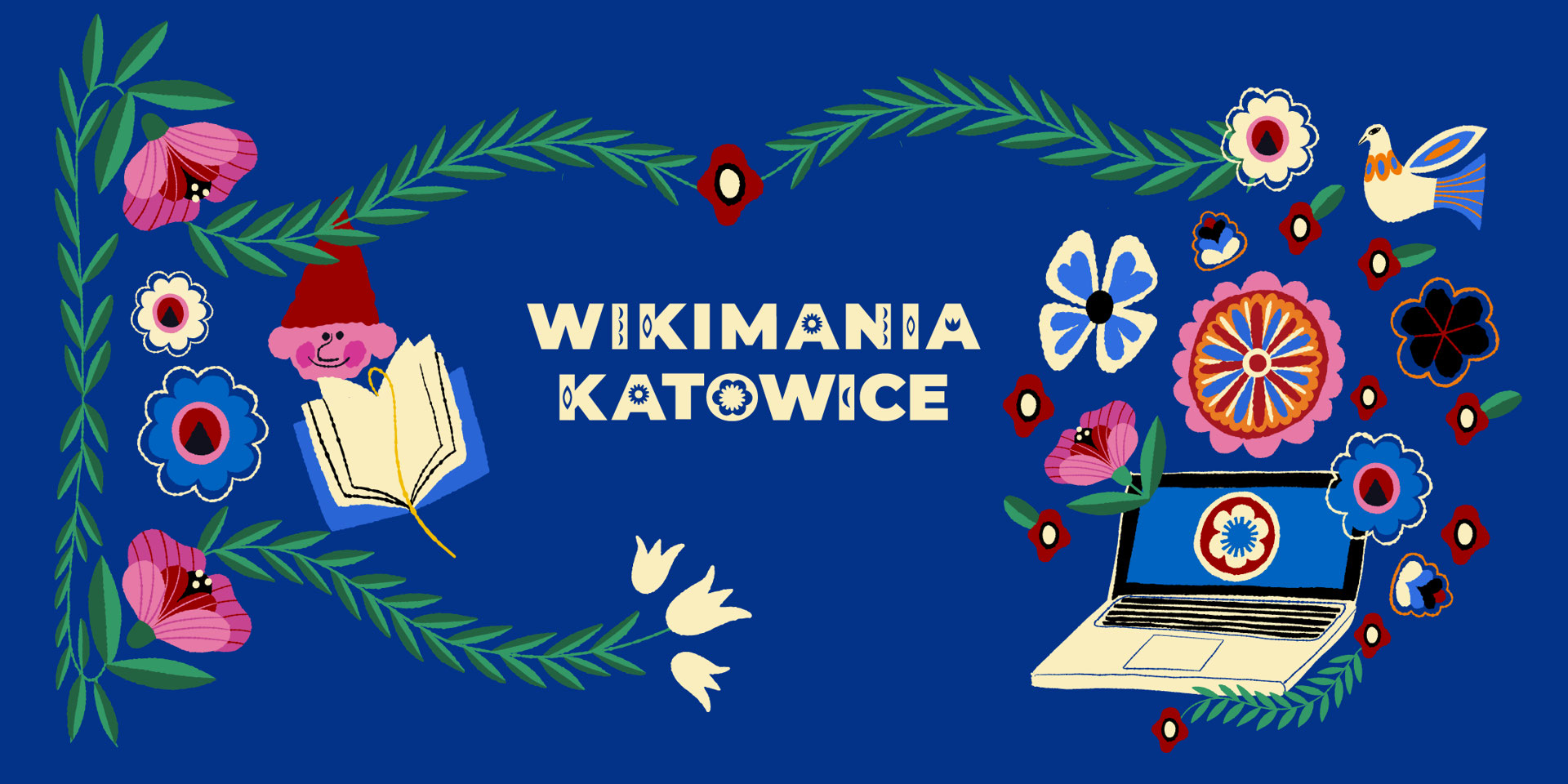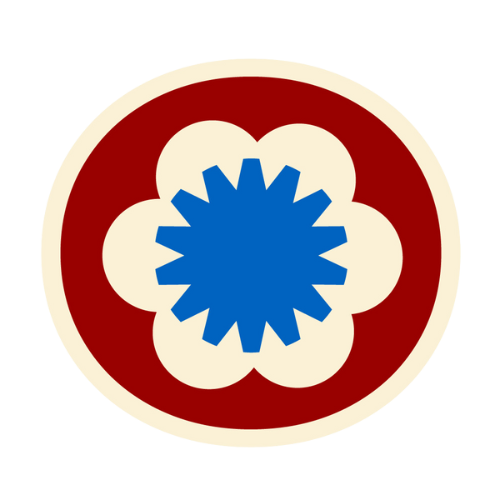2024-08-09 –, Kyiv Auditorium (interpretation)
Language: English
Katowice has been selected as the European City of Science for the year 2024. For the whole year, 7 Silesian universities has joined their forces to bring science to the millions of people living in the area, during hundreds of events. One of our legacy projects is the Future of Science Observatory: an open initiative to bring the cutting edge of science closer to anyone interested.
Katowice has been selected as the European City of Science for the year 2024 by the European Commission. For the whole year, 7 Silesian universities has joined their forces to bring science to the millions of people living in the area. Each week is dedicated to a different concept, hence events such as: Week of Dance, Week of Cosmos, Week of Voice, Week of Cancer etc. Every week, there are dozens of events, so far amounting to hundreds of events for thousands of people.
One of our key foundational ideas is openness. First, events are always free to enter, for anyone interested, which required the creation and maintenance of a complex system to handle "human traffic". Second of all, it is required that each week contains events aimed at members of all age groups, people of all education levels etc. Third of all, the results of our activities are openly published.
One of our legacy projects is the Future of Science Observatory: an open initiative to bring the cutting edge of science closer to anyone interested. During the European City of Science we have gathered hundreds of scientists representing all imaginable disciplines of science. To preserve this potential, we aim to create an online app that will bring science - real, living, cutting-edge science; the science of research grants, projects and peer-review papers - to the people. We want to inform about the current state of development of scientific disciplines, and encourage Polish citizens to participate in its development. The project is currently under development and its first version will be unveiled in December, during the Silesian Science Festival.
Session recording: https://youtu.be/fRFuWtDKxwM?list=PLhV3K_DS5YfJ1xyY0LNDNX3RKyRQEXOdB&t=1438
- How does your session relate to the event themes: Collaboration of the Open?*:
-
Key partner session.
- What is the experience level needed for the audience for your session?*:
-
Everyone can participate in this session
- How do you plan to deliver this session?*:
-
Onsite in Katowice
- What other themes or topics does your session fit into? Please choose from the list of tags below.
-
Collaboration
Łukasz Lamża (born May 25, 1985) is a Polish philosopher, science journalist, and translator of popular science literature. He holds a PhD in philosophy and works at the Copernicus Center for Interdisciplinary Studies at Jagiellonian University (CKBI UJ). He is also a columnist for "Tygodnik Powszechny" and a video blogger.
As a philosopher, he specializes in the philosophy of nature and science, including cosmology. He also writes about pseudosciences and futurology. He has published several of his own popular science and philosophical books, translated a dozen, and received two awards. He has also been active in the A.N. Whitehead Metaphysical Society.
See the article about Łucasz on Polish Wikipedia: https://pl.wikipedia.org/wiki/%C5%81ukasz_Lam%C5%BCa
Łukasz's Fields of interest and edits on pl Wikipedia (20 years’ experience, since 2024)
Biology: flatworms, box jellies, intermediate multicellular organisms, direct flow organisms, glass sponges, micrognathozoa, ribbon worms, jaw worms, gastrotrichs, nematomorpha, beetle systematics, water bears, plesiosaurs, belemnites, millipedes, acanthocephala, priapulida, onychophorans, brachiopods.
Philosophy: Anselm of Canterbury, Protagoras, non-being.
Art History: Italian Mannerism, op-art, hyperrealism, nocturne, nude art, abstract painting, Fauvism, magic realism, primitivism, Barbizon school, Spatialism.
Geology and Cosmology: craton, regmatite network, mantle plume, accretionary wedge, terrane, formation of the Solar System, galaxy formation, plate tectonics, large igneous province, continental crust, oceanic crust, Earth's mantle, regolith, turbidity current.
Others: Hopscotch (novel), Thorgal, history of punctuation.

